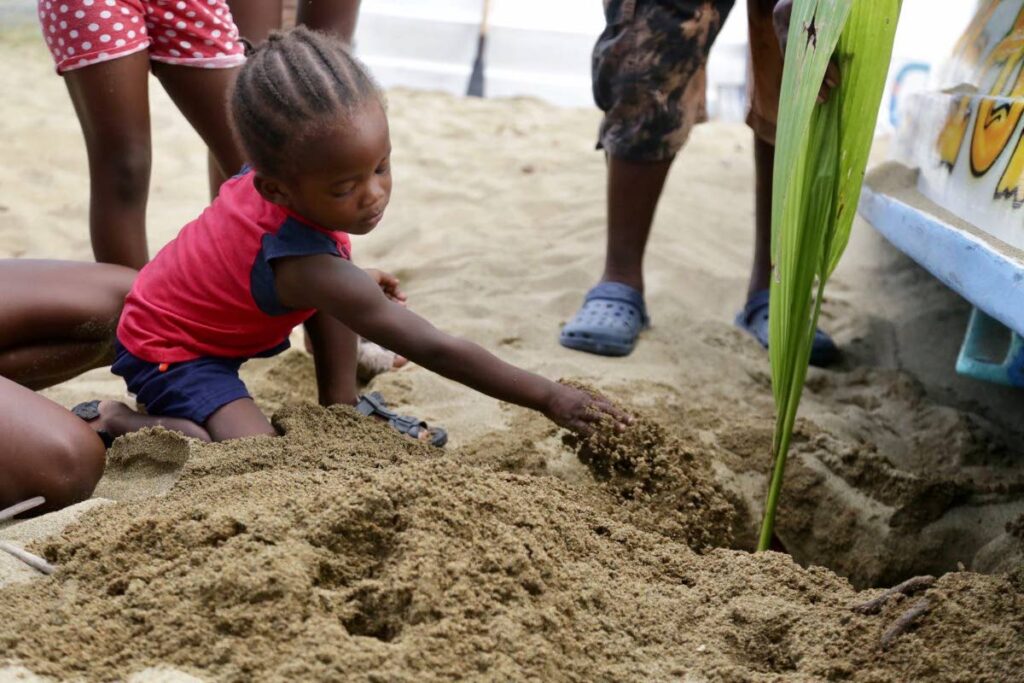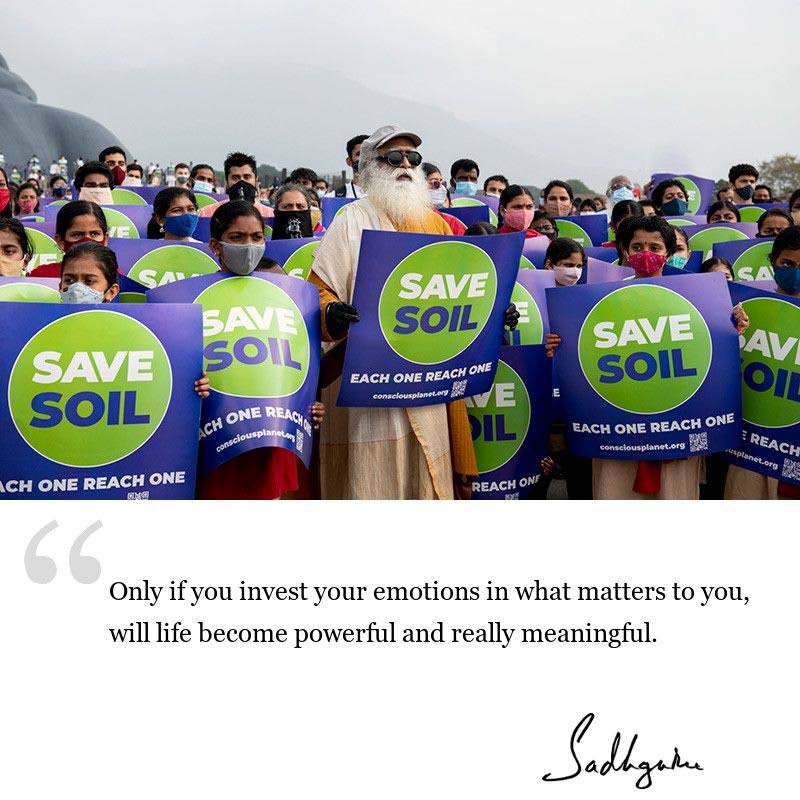Nature speaks: Save soil

VICKI-ANN ASSEVERO
“Until we stop pollution at source, no amount of offsetting, carbon crediting or carbon capture and storage will solve the problem." – Polly Higgins
On the morning May 24, I was listening to an IDDRI webinar about climate change ambition and the role of the law. Immediately, my memory took me back to a fortunate meeting I had in July 2016 with the wonderful visionary Scottish barrister Polly Higgins.
Back in 2008, Polly had decided to take on the Earth as her client and called for a Universal Declaration of Planetary Rights. It took until October 2021 for Resolution 48/13 to be adopted by the UNHRC, which recognised for the first time that having a clean, healthy, sustainable environment is a human right — which is slightly different than saying the Earth herself has a right to a clean, healthy and sustainable environment!
As I listened to the young law professors advocating for an ICJ advisory opinion on climate change that could be the basis for imposing of a duty of care on both states and corporations mandating conservation and preservation of ecosystems, Polly’s clarion call for “ecocide” to be listed as a crime against humanity resonated with me and the increasingly loud demands to criminalise ecosystem destruction.
In April, we – that is we humans – set a record for the highest CO2 levels in human history 420ppm. The recital of transgressions against planetary boundaries starts to ring hollow as images of burnt-out diesel-powered military tanks litter our screens. It is hard to take seriously a multilateral system flailing about greater climate ambition that cannot even stop tanks.
The webinar’s professors championed “non-confrontational and constructive mechanisms” to bend the current international legal system to embrace climate and social justice. Polly, like Gus Speth, another wonderfully dedicated environmental lawyer, understood that gradual incrementalism would never achieve the fundamental systemic change mandated by the deep interconnectedness and interdependence of all life on Earth. We must start to design our governance systems to reflect this reality and achieve a collective consciousness of caring.
Which brings me to the amazing public education and awareness campaign, Save Soil recently mounted by Sadhguru and his organisation Conscious Planet. Sadhguru makes very clear that this campaign is not against anyone. Save Soil does not demonise or criminalise past human behaviours that have leached soils of not only their organic content but also their capacity to provide ecosystem services and nutritious food. Instead, he is focused on the possibility of soil restoration and is committed to galvanizing large numbers of people to act together.
By inspiring soil scientists, activists, international organisations, governments, influencers, citizens and especially children, the Save Soil Campaign has fostered a network of trust and enthusiasm. With the repetition of the active slogans Save Soil and Make It Happen amplified through social media, Sadhguru has reimagined joy as a collective vocation ––that of saving the soil on our planet.
The genius of this campaign is in the joyous virtual sharing of knowledge across geographies and the subsequent physical co-creation of specific science-based interventions in localities. On hearing the message, people dance and sing evoking an ancient and intrinsic praise and thankfulness for Nature, her beauty and her bounty. The fact of seeing Caribbean leaders signing memoranda, of full auditoriums in Baku, Amman, and Tel Aviv, of children holding up their Save Soil placards shows that across this Earth, we can help each other understand the existential threats challenging us and change our behaviours to support their reversal.
Witnessing the gratitude of the scientists, as their long years of study and research emerge from silos of specialisation, like a butterfly from a cocoon, into easily understood language connecting microbial life to ours represents something precious and rare because it is positive and uplifting.

Sadhguru will arrive back in India on World Environment Day, June 5, having traversed 26 countries and 30,000 kilometres. He will have embodied this year’s theme: Only One Earth, Living Sustainably in Harmony with Nature. We have learned that 52 per cent of agricultural lands are degraded and that the lack of organic content turns soil into sand exacerbating the litany of crises: food and water scarcity, biodiversity loss, accelerated climate changes all resulting in loss of livelihoods leading to migration and conflict. We have been educated about many actions that can revitalise soils from agroforestry to mangrove planting, to composting and most importantly public advocacy by citizens about their clear desire to see policies developed and implemented that will incentivise the regeneration of ecosystems. Furthermore, we have heard the heads of UN agencies, private corporations and civil society organisations support this campaign.
I started this essay talking about the law. Legal systems are supposed to hold people accountable for their actions and to enforce rights and responsibilities. The law should be transparent. Unfortunately, we have learned that our legal systems – national and international – do not always deliver justice. Nature does not even have rights in many legal systems. I feel happy to applaud the Save Soil campaign because it has liberated itself from the strictures of obsolescent systems and created new space for individual and collective agency and vocation towards our flourishing.
Vicki-Ann Assevero is an international lawyer focusing on sustainable development diplomacy and multi-stakeholder engagement. She founded the Green Market Santa Cruz to demonstrate SDG 12 in action.

Comments
"Nature speaks: Save soil"